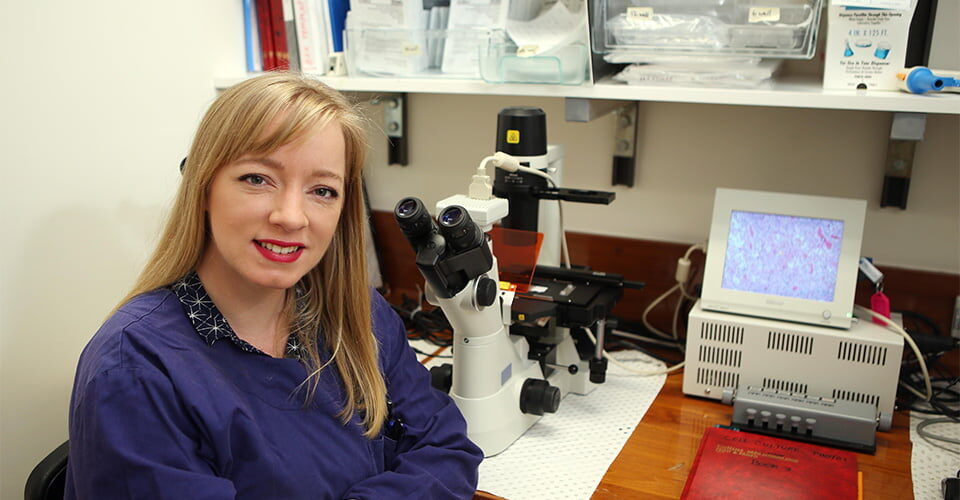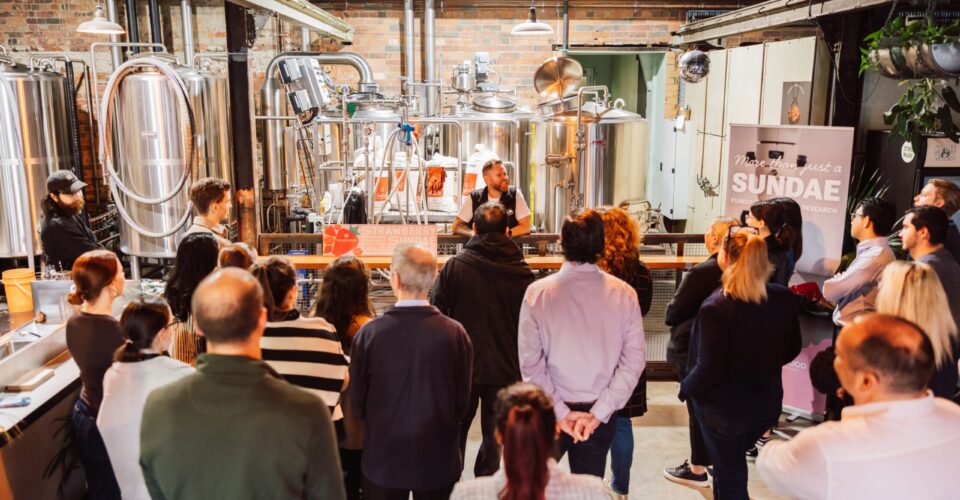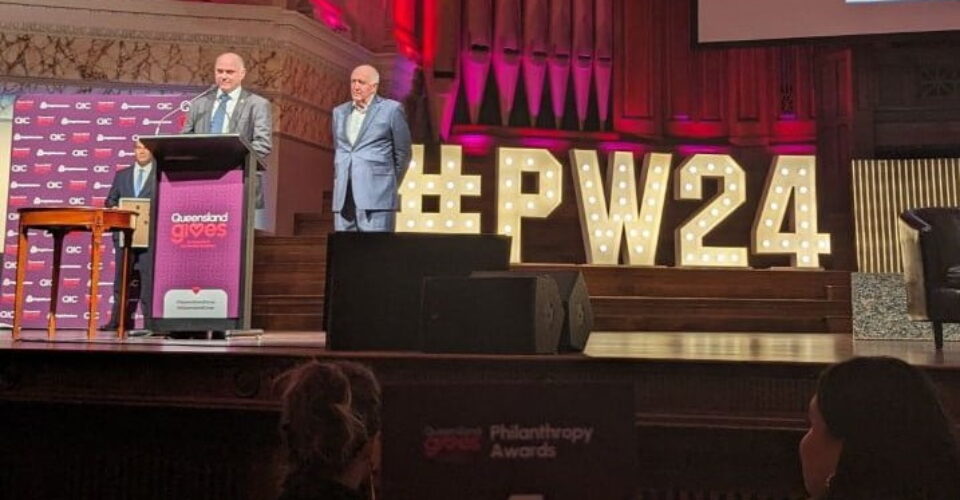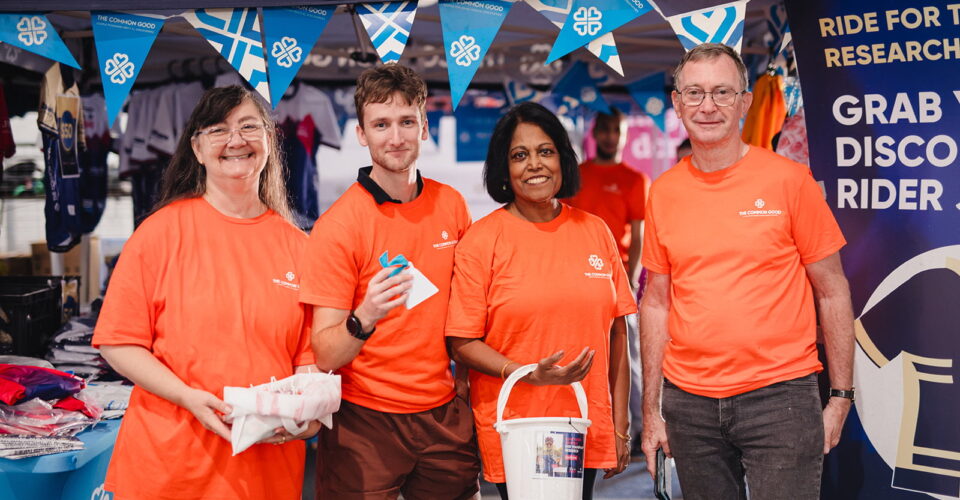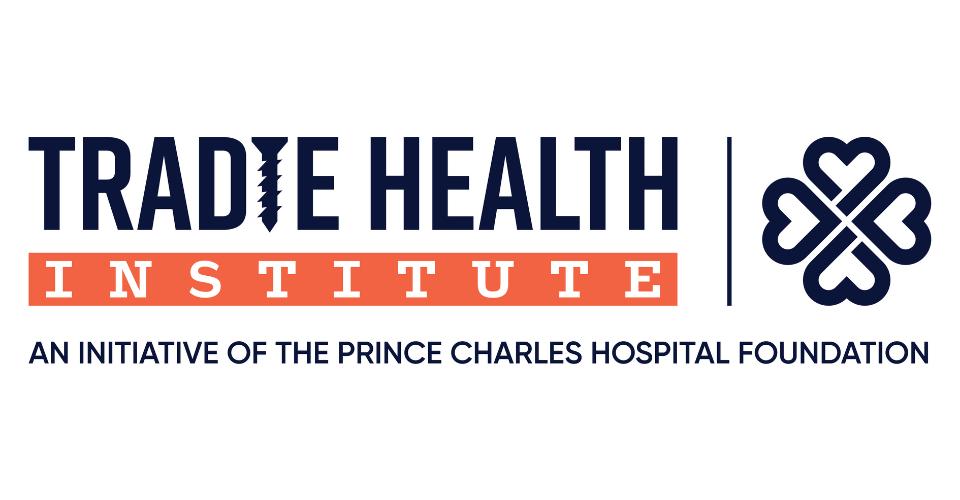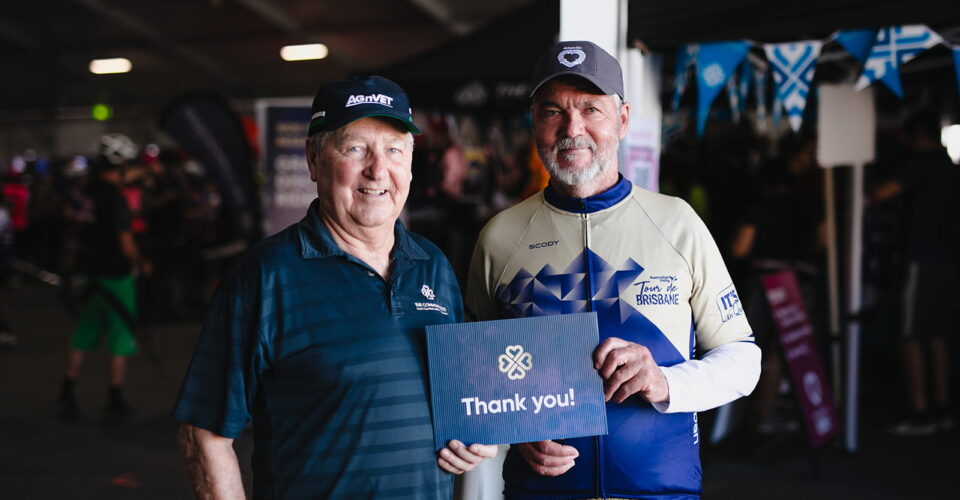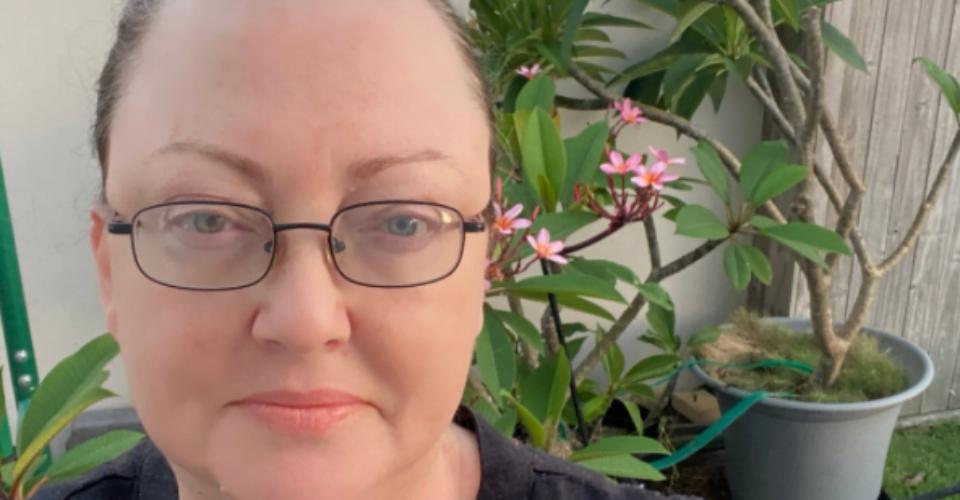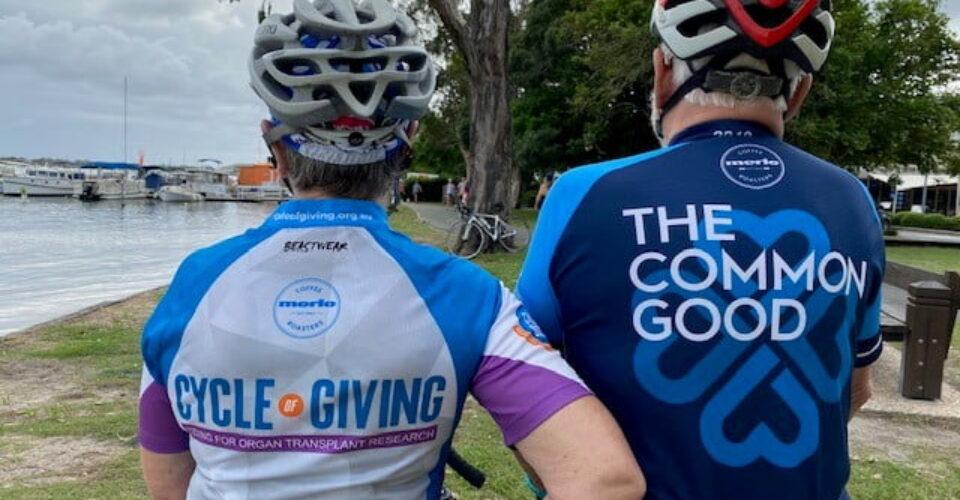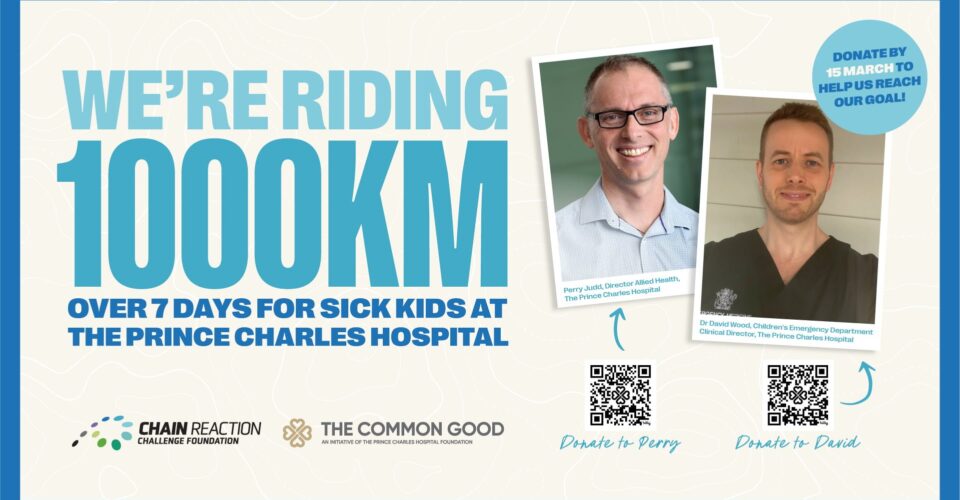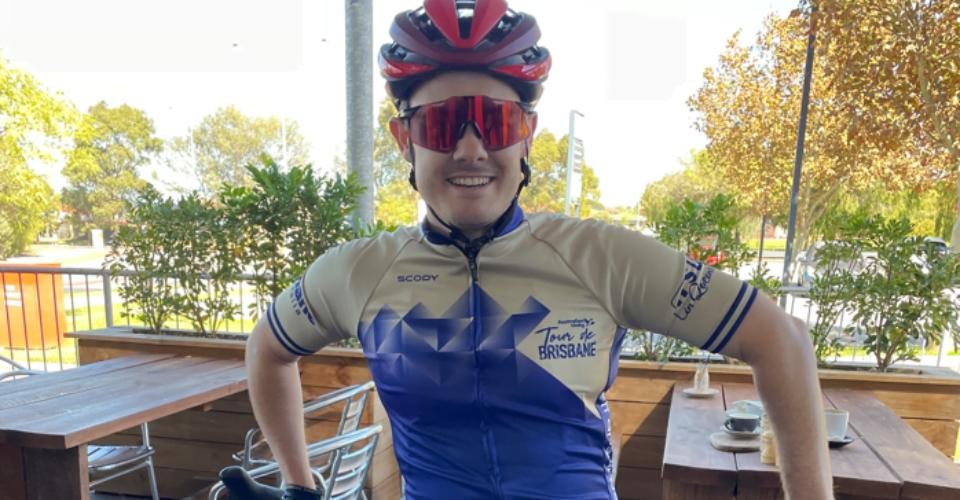From diesel emissions to high fibre diets, Dr Annalicia Vaughn is changing the way we look at Lung Disease. She is exploring new avenues in thoracic medicine with the support of your donations through The Common Good.
PURSUING MEDICAL RESEARCH
People pursue medical research for many reasons; to advance modern science, to improve health outcomes, or even to find better ways to prevent and treat illnesses. For Dr Annalicia Vaughan, research is all about grassroots beginnings that could one day open even more avenues in medicine.
After completing her Bachelor of Science in 2012, Annalicia aimed to study medicine, however decided to extend her studies with a research honours year.
“Research played to my strengths, I developed new skills and was able to do the things in science I enjoyed. “
Annalicia first began her research career in the UQ Thoracic Research Centre at The Prince Charles Hospital. Surrounded by an inspiring team, she was encouraged to apply for a New Investigator grant through The Common Good to support her research.
Her initial project focused on air pollution, specifically the effects of diesel and biodiesel emissions on lung cells. While it may seem like there is a clear answer to this issue, Annalicia broke the subject down even further.
“When diesel is combusted, it goes from this liquid form to a gaseous form-some solid particles remain, and these are far more toxic,” she explained.
Due to her research, Annalicia was able to isolate certain cellular effects caused by different diesel components, allowing her to investigate what exactly was causing so much harm to lung cells from these emissions.
How are her previous studies contributing to the current one?
Followed by completing her initial research, Annalicia was successful in applying for a PhD Scholarship, which allowed her to expand the topic. These opportunities have enabled Annalicia’s research focus to evolve from investigating the effects of diesel emissions cells, she is now comparing different biodiesels to see if she can find a safer alternative.
“Biodiesels often have lower levels of toxic particles than diesel emissions, but we don’t know the effect of biodiesels on the lungs. Current testing doesn’t look at the biological effects, but instead the chemistry of the emissions,” she explained. “That’s where my research is interesting, because it looks at the cellular effects of these emissions.”
Also, in the final stages of her PhD, Annalicia received a Research Fellowship. She is the first researcher to receive all three grants from The Common Good. “The timing and conditions of the Fellowship allowed me to apply even when I was still writing up my PhD thesis it’s a unique opportunity.”
Annalicia is now performing a clinical trial to see if dietary fibre can reduce inflammation in lung cells through healthy gut bacteria. Her work has the extraordinary potential to change the way we look at lung disease.
“The potential that my work could give anyone a better quality of life is incredibly motivating. I would really like to see some of the things that I’m working on implemented into people’s lives.
Above all, your donations have been vital in supporting Annalicia’s work—Thank you!
